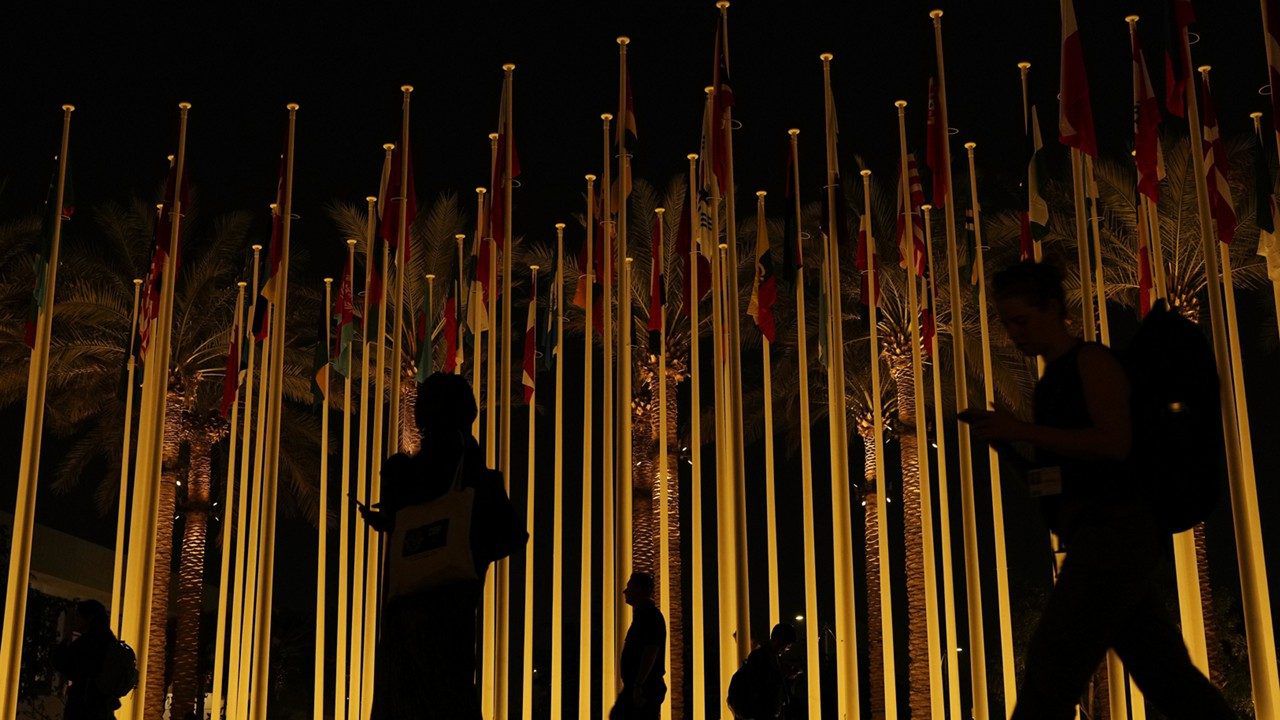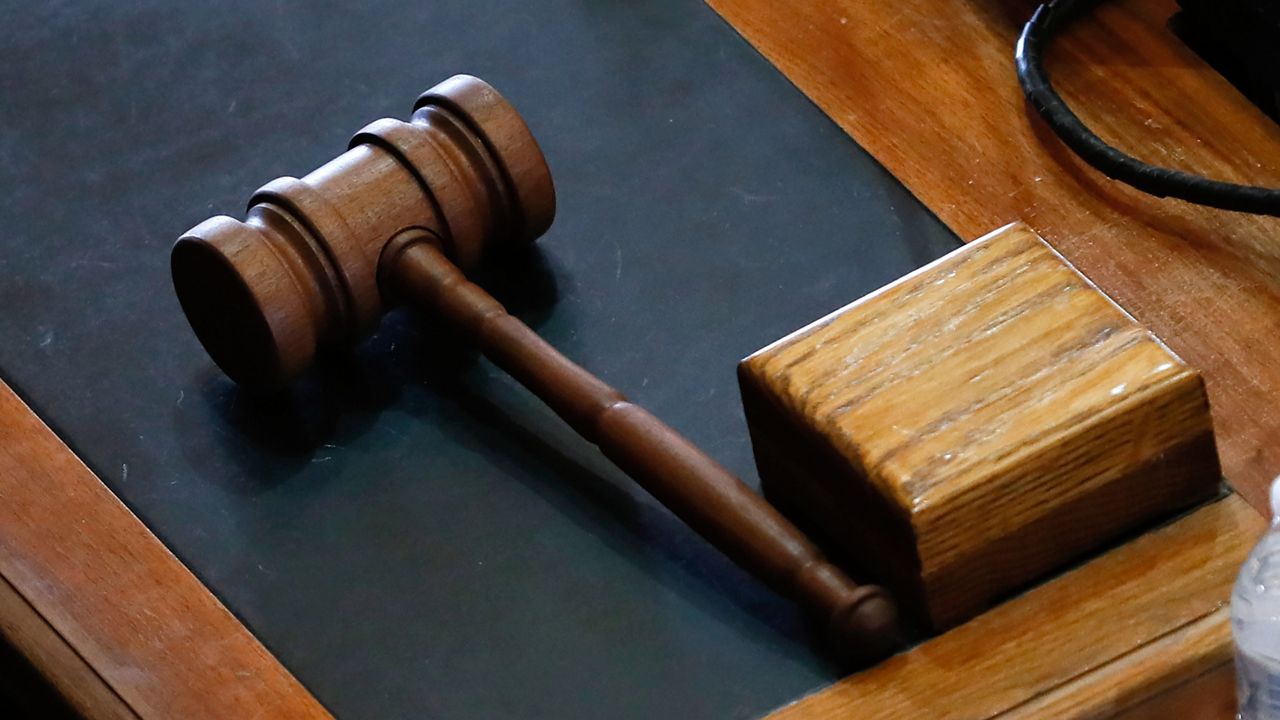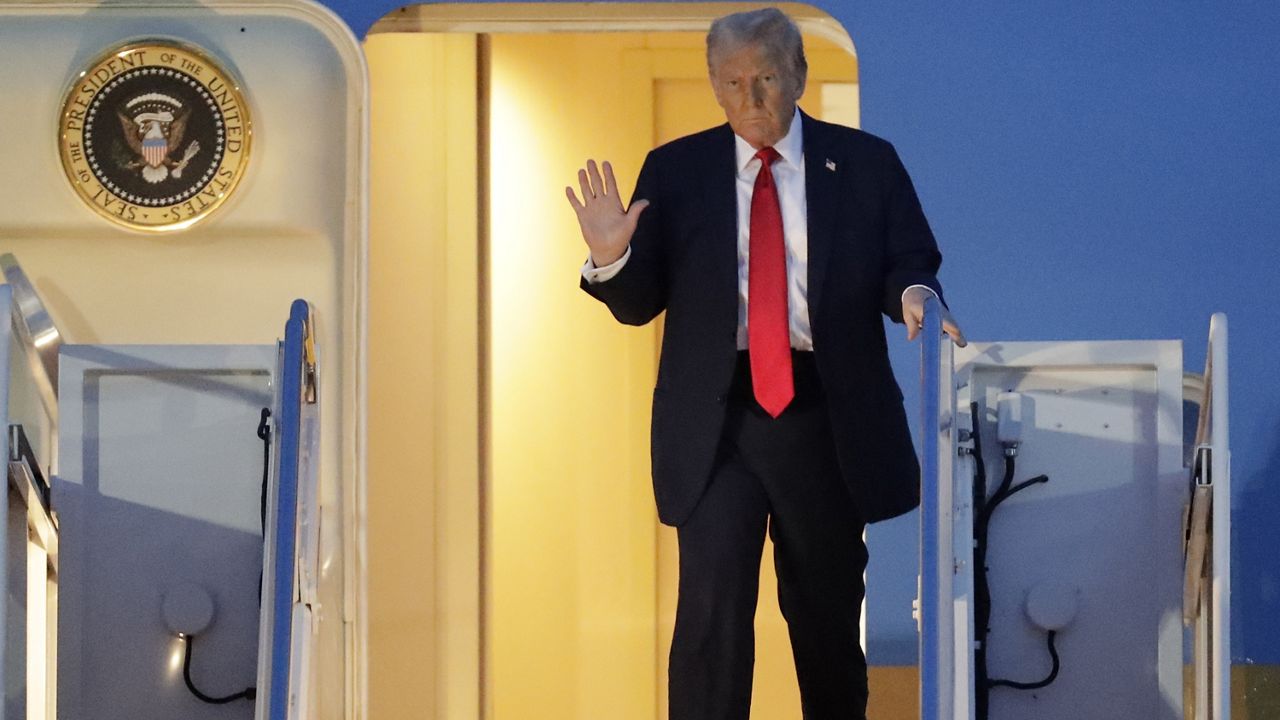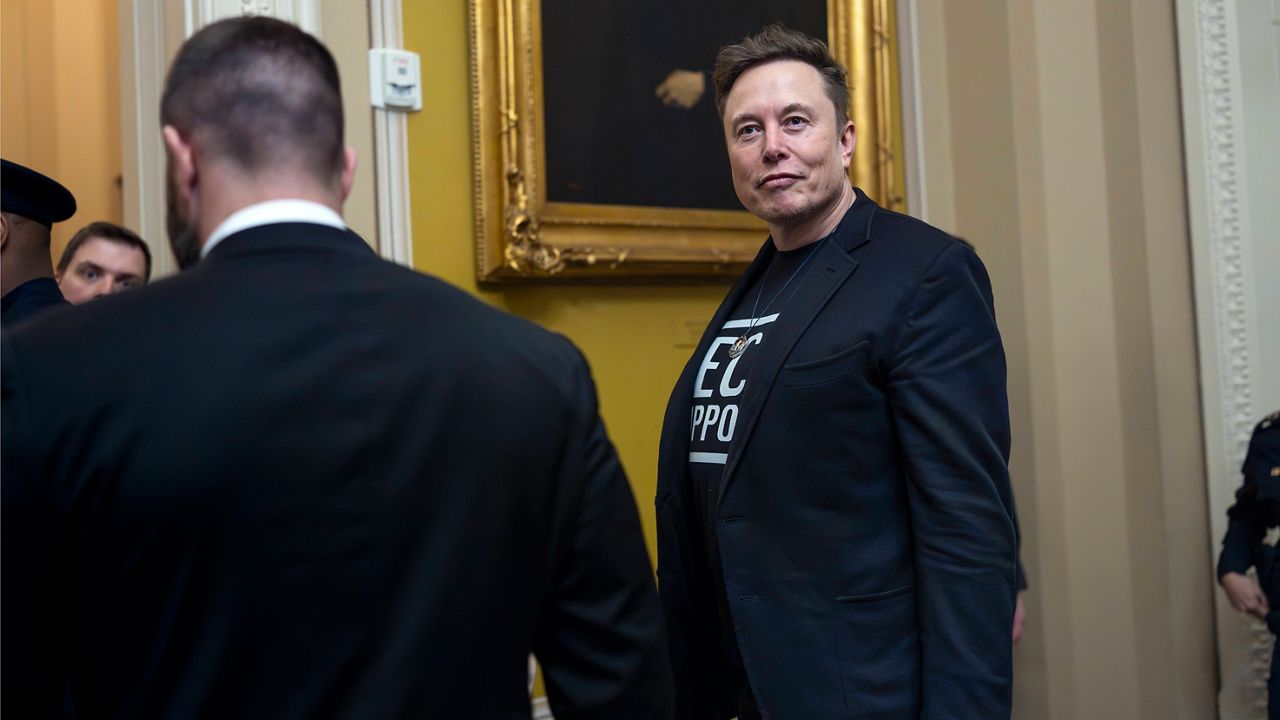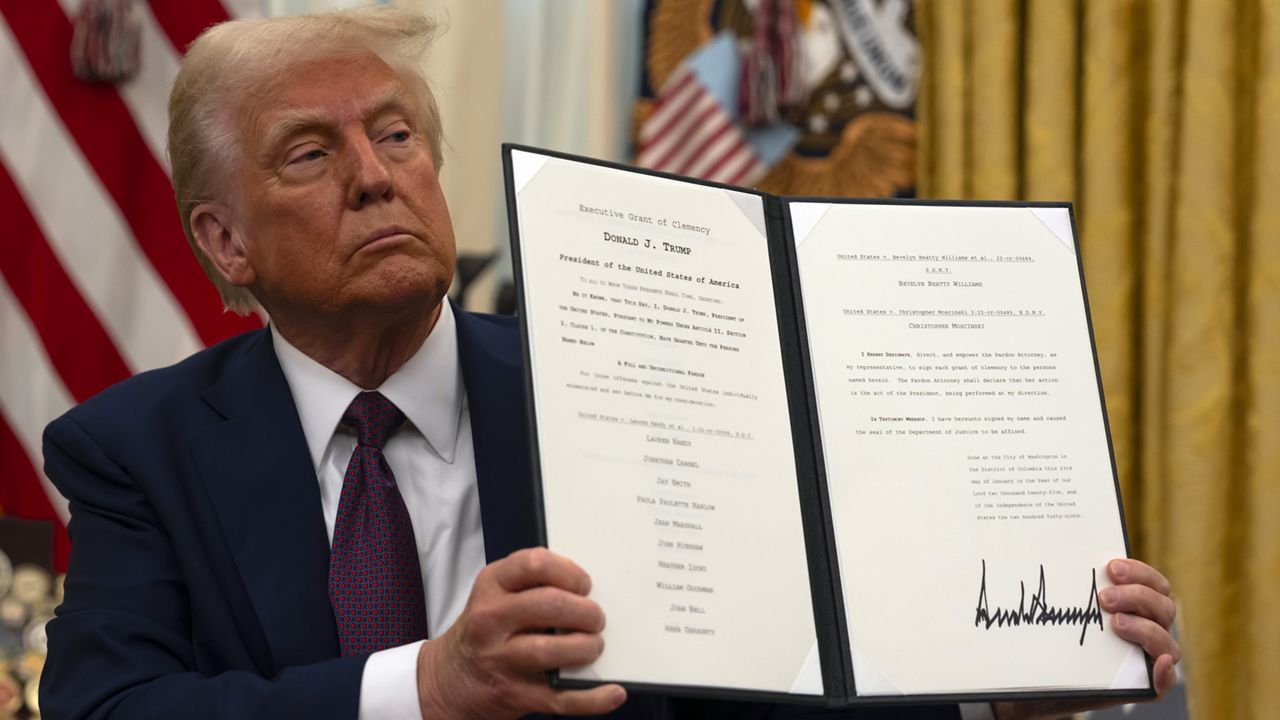Senate Democrats painted an urgent and dire picture about climate change on Friday, hours after arriving in Dubai for the 28th annual United Nations conference on climate change, or COP28.
“We’re here because we know we need action. We're very concerned about the fact that we have missed a lot of our targets. We are in crisis right now,” Senate Foreign Relations Committee Chair Ben Cardin, D-Md., told reporters on a call. “And we have to mitigate as much as possible the damage.”
A bipartisan delegation of senators, led by Cardin, arrived in Dubai on Friday to attend the second week of the two-week climate conference. The gathering – convened annually by the United Nations — draws heads of state and diplomats from around the nation.
Cardin’s delegation includes Sens. Chris Coons, D-Del., Ed Markey, D-Mass., Sheldon Whitehouse, D-R.I., Lisa Murkowski, R-Alaska and Tom Carper, D-Del.
“I joke but it's not a joke, it's very serious — I am the ‘bi’ in the bipartisan and I’m happy to be here,” Murkowski, the only Republican in the delegation, said on the call. “I am genuinely happy to be here because these conversations are so significant to all of us around the country.”
“To me, coming from an arctic state, Alaska, a state that is seeing warming at two and a half, three times faster than any other area in the country,” Murkowski continued. “And the implications, the ramifications that that has, whether it is food crashes in our food supply when it comes to return of the fisheries, what it means for our infrastructure on land where we see a more accelerated permafrost, climate change is a very real concern and a pressing issue.”
Whitehouse reiterated to reporters that “we are failing at meeting our climate responsibilities,” which he argued will negatively impact the economy.
“My number one task is to improve on methane,” he said. “We can now detect it by satellite, we should be closing methane leaks as soon as we find them.”
Methane in the atmosphere had its fourth-highest annual increase in 2022, the National Oceanic and Atmospheric Administration reported — part of an overall rise in planet-warming greenhouse gases that the agency called “alarming.”
Cardin made the case that the changing climate is not just an environmental issue but also a national security concern.
“The goals are to take stock of how close we are to the global commitments that were made in Paris, and to recognize that we're going to need to adjust our climate targets in order to be able to save the planet,” Cardin, who said he led his first group of senators to COP in Paris in 2015, said.
COP stands for “Conference of the Parties” — the nations that agreed to a climate change framework drafted by the U.N. in 1992. It’s been held 28 times, so this year it’s called “COP28.”
Countries that signed the agreement promise to work to stabilize greenhouse gas emissions and prevent “dangerous” human interference with the climate system. Their goal is to move the globe off fossil fuels that are pushing up Earth’s temperatures.
This year the United Arab Emirates, the world’s fifth-largest oil producer, is hosting the climate talks.
“My purpose here, in being in an oil-producing state, which is the U.A.E., coming from an oil-producing state in the Arctic, Alaska, is again to share some notes about how we can ensure that as we're working to reduce emissions, working to help on a more broad, global basis, that we do not we do not jeopardize those who are most energy-poor,” Murkowski said.
Last month, President Joe Biden released the National Climate Assessment, which comes out every four to five years, showing a country warming about 60% faster than the world as a whole — one that regularly gets smacked with costly weather disasters and expects to face even bigger problems in the future.
Since 1970, the Lower 48 states have warmed by 2.5 degrees and Alaska has heated up by 4.2 degrees, compared to the global average of 1.7 degrees, the report said.
Despite attending twice before, Biden — who often refers to climate change as “an existential threat” — did not attend the conference this year. The U.S. sent Vice President Kamala Harris, Secretary of State Antony Blinken and a climate team that included Special Envoy John Kerry, climate adviser Ali Zaidi and clean energy adviser John Podesta.
A delegation of House members are also expected to attend the conference in the days ahead. Politico reported that group will no longer include the House Energy and Commerce Chair Cathy McMorris Rodgers, R-Wash.
The Associated Press contributed to this report.




